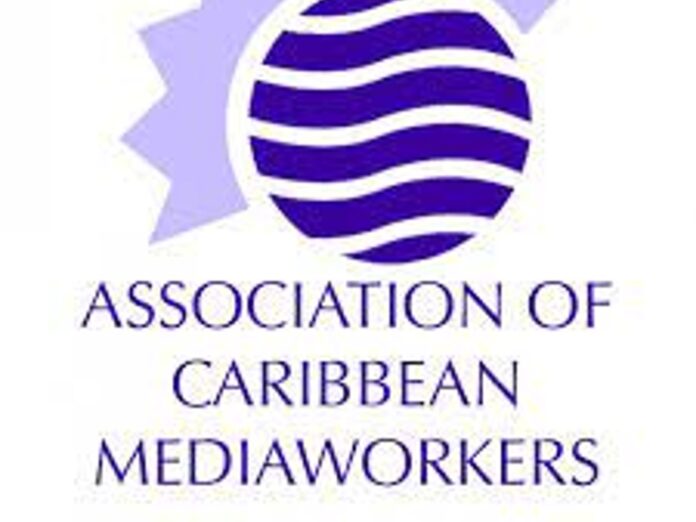
This UN International Day to End Impunity For Crimes Against Journalists is a bleak one. Today 33 media workers are confirmed killed in the Israeli-Palestine conflict: 28 Palestinian, 4 Israeli, and 1 Lebanese. The Association for Caribbean Media Workers (ACM) also notes with sadness that Latin America and the Caribbean remain one of the deadliest places to be a journalist. According to UNESCO’s Director General Report on the Safety of Journalists and the Danger of Impunity, 69 journalists have been killed in the region in 10 countries from 2022-2023.
Today matters because not only are the lives of journalists at risk. In some of the most extreme cases, crimes against them go unpunished. On Friday 8th September, a gunman on a motorcycle fired several shots into the office of Nationwide News Network, one of the leading media houses in Jamaica. A similar situation took place in Suriname on Tuesday 24th October at LIMFM radio station. No one was hurt in either attack, but cars on both compounds were struck. Despite widespread condemnation, no one has been arrested for either attack.
Impunity is an insidious threat. It serves to legitimise crime, by allowing perpetrators to go unpunished. It can lead to a climate where the mistreatment of media workers is normalised, perhaps even encouraged. Consider Haiti, in discussing the assassination of a Radio-Tele journalist in April, the Committee to Protect Journalists (CPJ) says “There is little chance that (Dumesky) Kersaint’s killers will ever be brought to justice.”
ACM remains committed to supporting the work of journalists and fighting for their safety. This includes calling on regional law enforcement to take the investigations of crimes against them very seriously. The association repeats its call for a thorough investigation into the attacks at Nationwide News Network, LIMFM, and the bombing on the car of Dominican journalist Carlisle Jno Baptiste in July.

